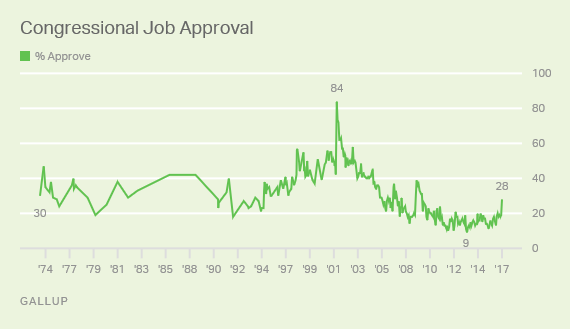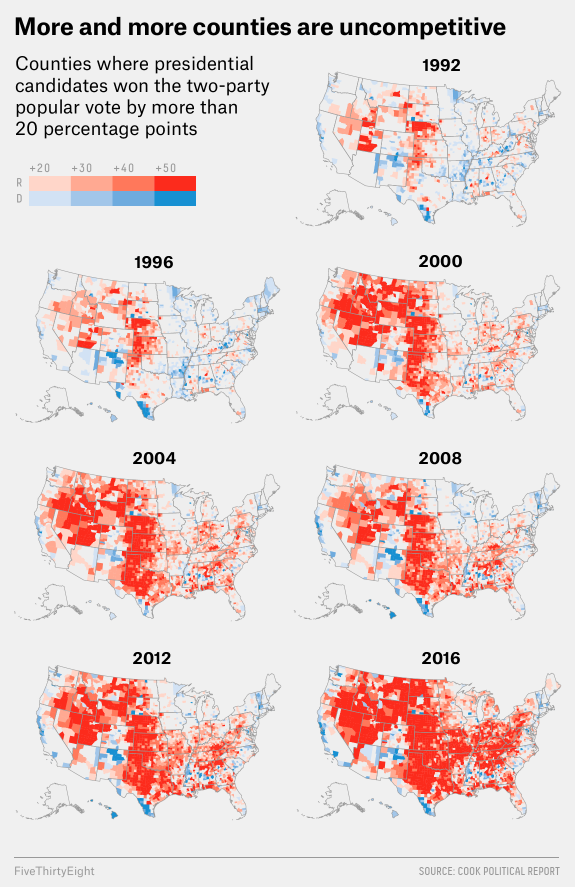Observation 7: To solve the overarching problem, we're going to have to create a new way of engaging with each other both politically and personally. That means building on an understanding grounded in the flow of energy.
The foundation for creating a new way of engaging with each other begins with creating a new way of engaging with ourselves.
A general numbness to our lived experience is endemic among Americans. The evidence is so ubiquitous and so constant that it can be a challenge to even see it, because seeing it suggests that it could be different. One simple example: the proliferation of evidence that our attention spans are getting shorter and shorter. What do you think drives the appeal of constant, insidious distraction?
We choose distraction because actually getting present to what's happening in the moment feels more and more fraught, more and more dangerous. Conveniently, technology allows us to escape the present more and more effectively. Why be here, now in this moment, when there are so many easy and entertaining ways to be anywhere else?
What's more: numbness is a functional way (of sorts) of getting through life. Numbness creates a certain stability, and most people get along fine(-ish) just stumbling numbly through life. (If it were otherwise, breakdown would be a far more common experience than it is.) Furthermore, if you've practiced numbness for long enough, the idea that it could be otherwise seems foreign, utterly disconnected from your own experience: This is just who I am. Isn't it?
Except: A life lived in numbness obviates the possibility of truly thriving in your life. Something will feel unsatisfactory. You'll find yourself struggling to earn money, or you'll find yourself struggling to stay healthy, or you'll find yourself struggling to find work that matters to you, or you'll just simply find yourself unhappy and be unable to explain exactly why. Whatever the problem is, you'll experience it as a persistent knocking, right at the threshold of liminality. You'll probably do your best to ignore it.
A lack of thriving is so built into our society and our system that it's simply seen as the way things are. It seems like crystal-gazing hippie-speak to suggest that it could be otherwise, much less that thriving could be as simple as making a choice to thrive and from there committing to a series of actions, all of which are available to literally anyone and entirely under your own control.
Well, nothing shatters the smooth, shiny veneer of complacency like crisis. In the early drafts for this piece, I wrote that crisis is coming. But that's wrong. Crisis is already here.
Crisis is what explains Donald Trump. Out of crisis come opportunities for demagogues and hideous men, people who offer facile answers and the anodyne promise that the problem is wholly outside of you. They offer the sweet lullaby-like promise of victimhood. Someone somewhere did this to you.
The thrust toward populist demagoguery succeeds because it offers change without any demands on its supporters. It is the last gasp claim that the system is fixable, that the difference between functioning and not functioning depends on who is in charge.
Ultimately, this thrust will fail. It will fail because it is a lie. The problem is not outside of you. You are the problem. So am I.
So when this thrust blows itself out--as it must, because it is false--and when the damage it causes ultimately brings everything to a standstill--and it will--then finally our illusions will be seen for what they are. We'll be forced to ask, "Now what?" What does one do from a bottom?
Here I speak from my own experience. The only thing that I've found that brought any lasting change was to learn to get very, very intimate with the present moment. From a close attention to the present moment, deeper truths begin to emerge. If you follow the truth for long enough, then … well, then what?
Imagine what happens when you let go of constant, numb struggle and discover that you are finally--finally!--beginning to thrive.

